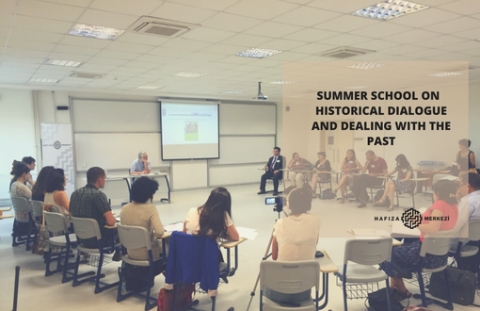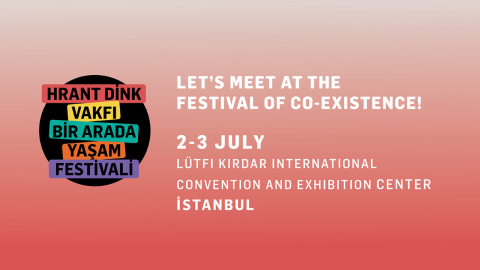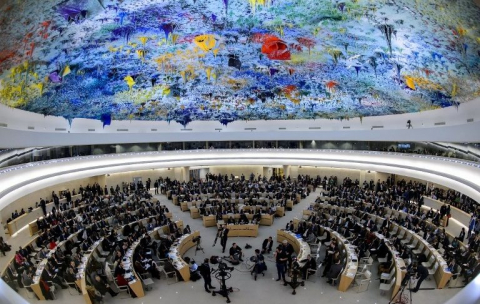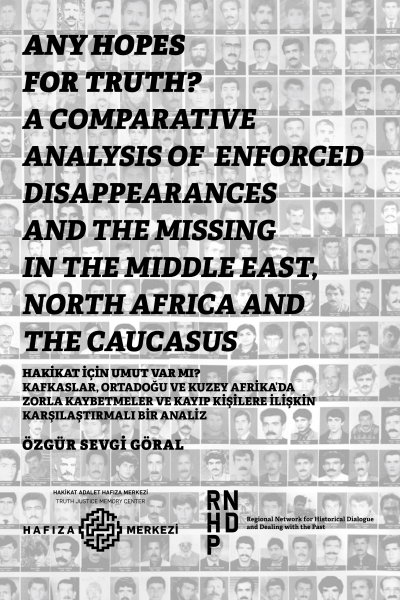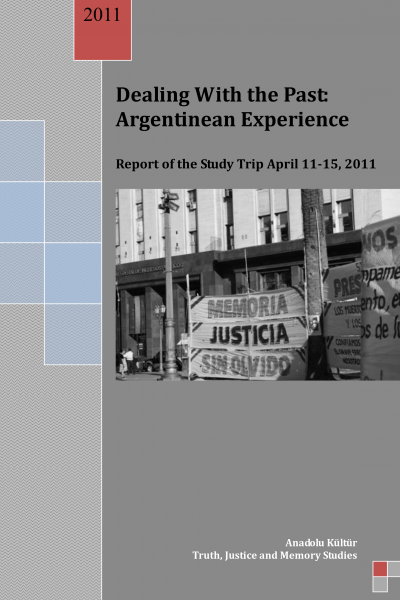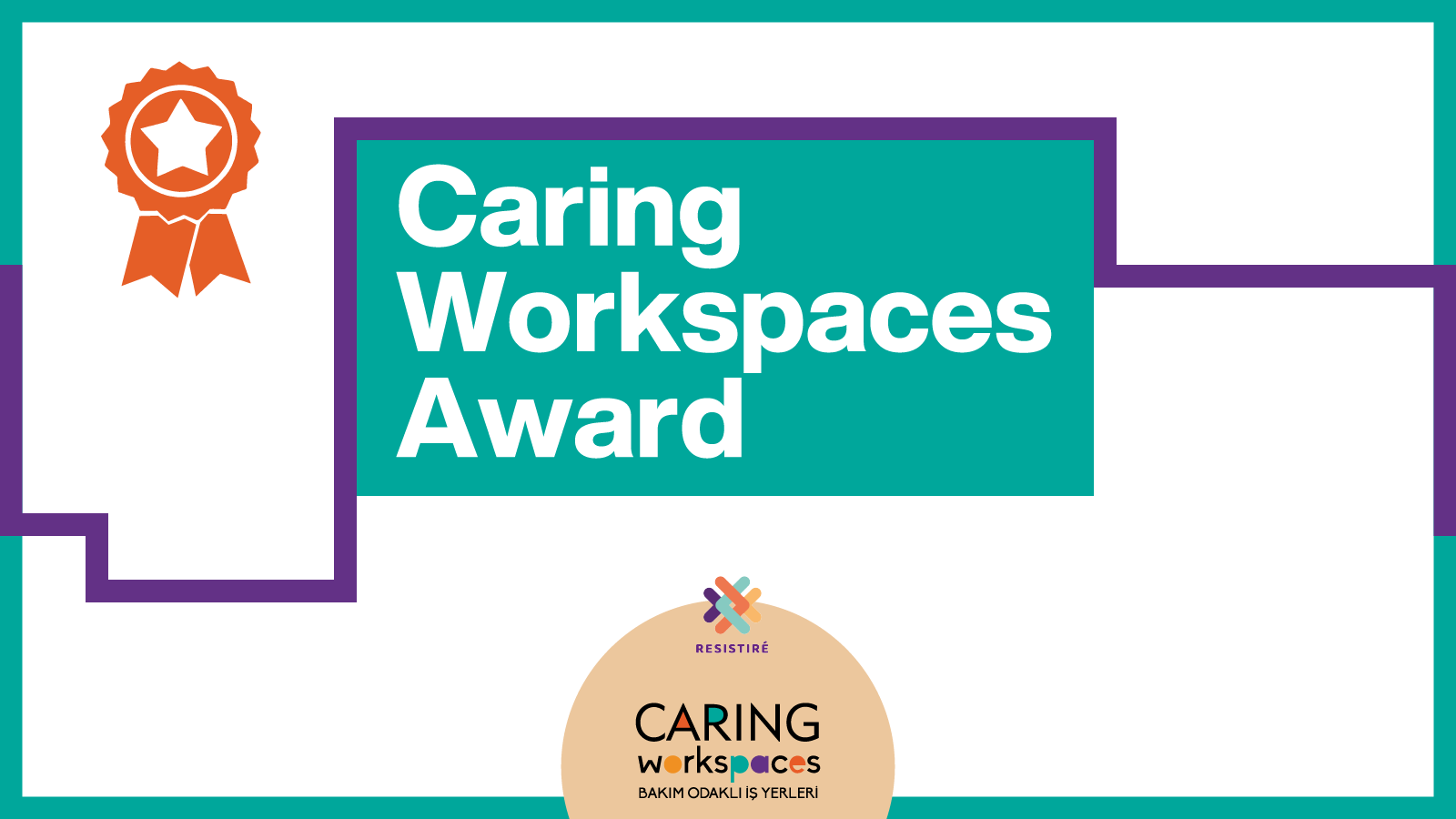
Nominees for the Caring Workspaces Award have been announced
We completed the nomination and evaluation processes for the Caring Workspaces Award, which we run to encourage caring practices in our workspaces. We would like to thank everyone who participated and all the nominated organizations for their contributions to the project!
The shortlisted organizations for the public vote are as follows:
- 17 Mayıs Derneği (May 17 Association), Turkey
- aquí bcn, Spain
- Cinsel Şiddetle Mücadele Derneği (Association for Struggle Against Sexual Violence), Turkey
- Kafessiz Türkiye Kampanyası (Farm Animals Protection Association), Turkey
- Family Carers Ireland, Ireland
- Kaos GL, Turkey
- Kırmızı Şemsiye Derneği (Red Umbrella Sexual Health And Human Rights Association), Turkey
➤ You can vote on the Caring Workspaces website.
We would like to take this opportunity to share with you the candidate evaluation process and what we pay attention to along the way. Because in this process, which we carry out in the spirit of learning together, we care deeply about the transparency of what, why, and how we think.
An award with multiple stakeholders
The Caring Workspaces is a symbolic, one-off award in the context of a multi-stakeholder campaign. Two of these stakeholders are Postane and Hafıza Merkezi (Memory Center), which run the project. Another mechanism that constitutes the multi-stakeholder structure of the award is the evaluation committee. The committee consists of five people with complementary fields of work in the civil and social sectors. Functioning with a purpose beyond selection and elimination, the committee was in constant discussion with the project team from the creation of the evaluation criteria to the design of the process, and provided solution support.
Working group members
- Merve Bedir – Architect
- Bilgi Buluş – Sustainability Expert
- Bilge Taş – Consultant, Mentor
- Nazlı Türker – Sabancı University, Gender and Women’s Studies Center for Excellence
- Olcay Özer – Hafıza Merkezi, Support to Rights Program
Caring Workspaces is also one of the nine pilot projects supported under the RESISTIRÉ (Responding to Pandemics with Collective, Creative, Inclusive, and Sustainable Strategies) research project. RESISTIRÉ is carried out by a consortium of ten institutions from nine countries. It aims to examine the behavioral, social, and economic impacts of the social inequalities created by the COVID-19 pandemic in thirty-one countries (twenty-seven EU countries, Serbia, Turkey, Iceland, and the UK) and the policies developed against them from a ‘gender+’ perspective (focusing on the intersections of gender and other inequalities), and to increase individual and community resilience.
The candidate evaluation process
We envisioned the Caring Workspaces Award as a campaign we would all learn from rather than an award system that expresses uniqueness; therefore, we decided to determine the final selection through a public vote instead of a closed evaluation. However, because opening the list of nominees directly to voting would complicate the decision-making conditions, we aimed to create a shortlist of organizations.
A total of seventeen organizations were nominated for the award. While ten of these organizations were nominated by employees or people who know the organization, seven were identified through internet research by the project team and added to the list with the approval of the organization. The majority of the nominees were civil society organizations and social enterprises. Organizations from EU member states, the UK, Serbia, and Turkey could apply for the award, and most nominations came from Turkey. Three organizations from Germany, Spain, and Ireland were included in the list of nominees. The nominees applied in thematic areas such as human rights, ecology/environmental rights, LGBTI+ rights, sexual health, care work, women’s representation, media, publishing, the transformation of the urban-rural interface, and education. LGBTI+ and feminist organizations, which have been paving the way for work in self-care and well-being, stood out in the nomination process.
To reach a shortlist of candidates, we designed a two-stage process with the evaluation committee. In the first stage, we made a general assessment regarding the information provided on the organization’s caring practices. In the second stage, we tried to understand how much the employees at the organization agreed with this information. In this context, we sent two questions to ten organizations with clear, short or long answers to be filled in by the employees. As a result of the evaluation, we reached a shortlist of seven organizations by considering criteria such as the information provided on the caring practices of the organizations, the opinions of the employees, thematic areas, and geographical distribution.
In the coming period, we will announce the shortlisted candidates. The voting process will continue through December 23, 2022.
